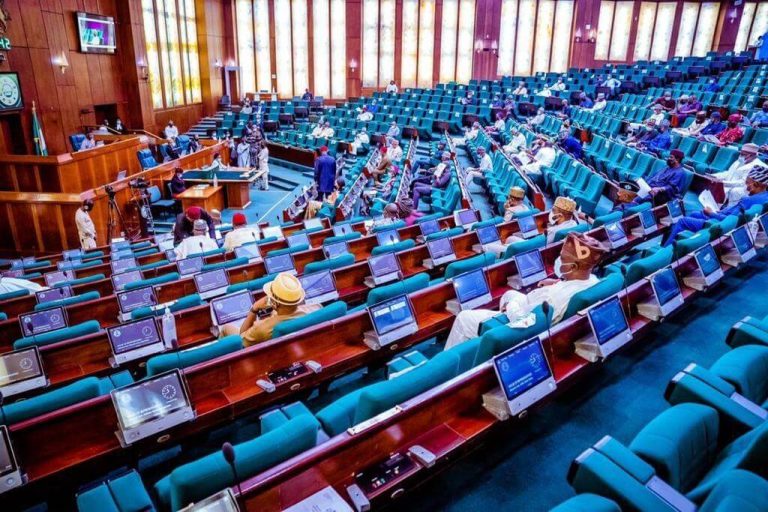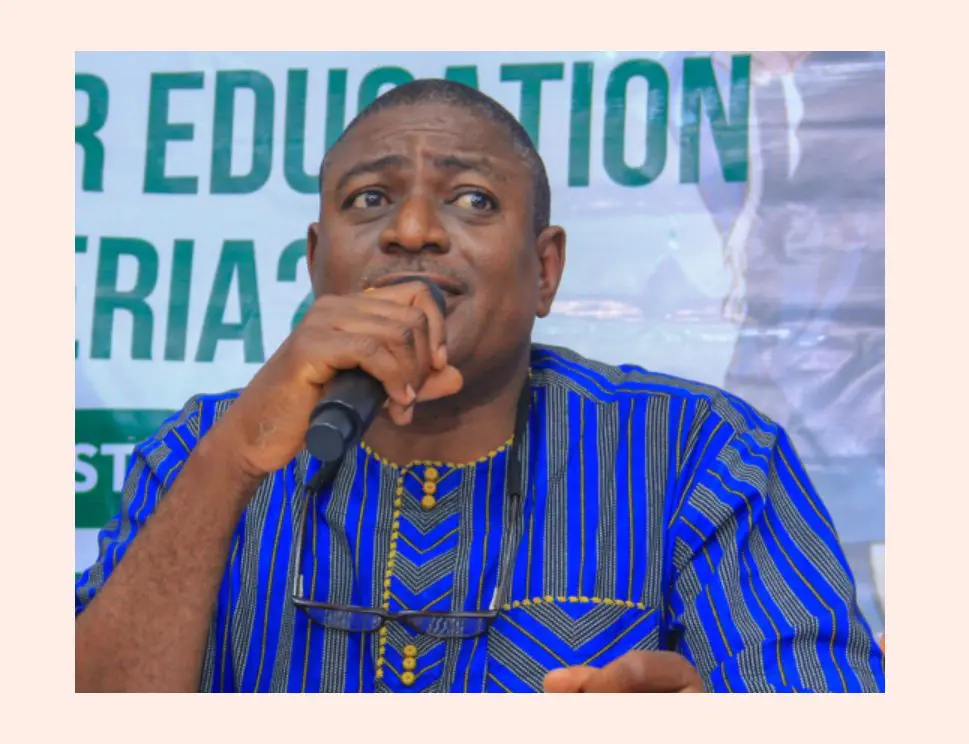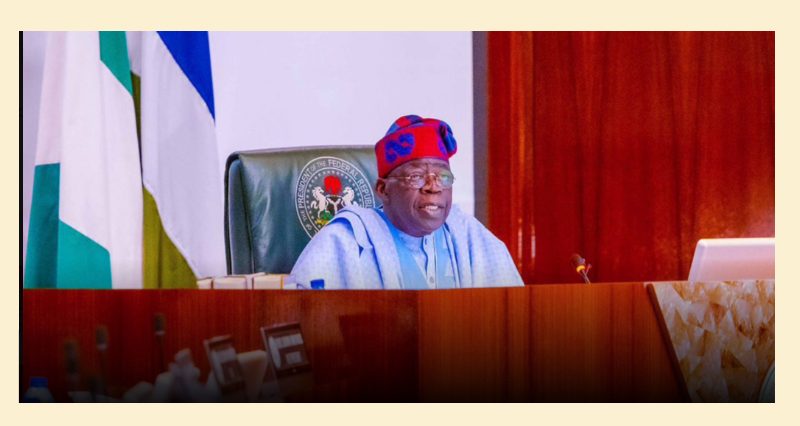From left… Minister of information, Mohammed Idris; minister of power Prince Adebayo Adelabu and the Minister of Petroleum resources (gas) Rt. Hon. Ekperikpe Ekpo during a special retreat for ministries agencies and parastetals of government on the 2025 National budget at the National Assembly in Abuja yesterday.

From left… Senator Danjuma Goje Minister of special duties Hon Zephaniah Jisalo; Minister of information, Mohammed Idrin and minister of power, Prince Adebayo Adelabu during a special retreat for ministries, agencies and parastetals of government on the 2025 National budget at the National Assembly in Abuja yesterday.

From left… Minister of special duties Hon Zephaniah Jisalo; Minister of information, Mohammed Idrin and Senator Abba Morro during a special retreat for ministers agencies and parastetals of government on the 2025 National budget at the National Assembly in Abuja yesterday.

From left, Deputy Senate President, Senator Jibrin Barau with the Minister of information, Mohammed Idris during a special retreat for ministers agencies and parastetals of government on the 2025 National budget at the National Assembly in Abuja yesterday… PHOTOS : Anayo Opara .




















